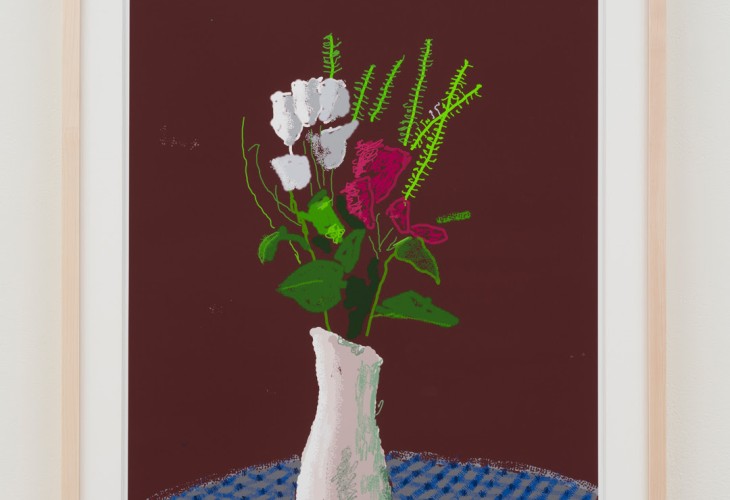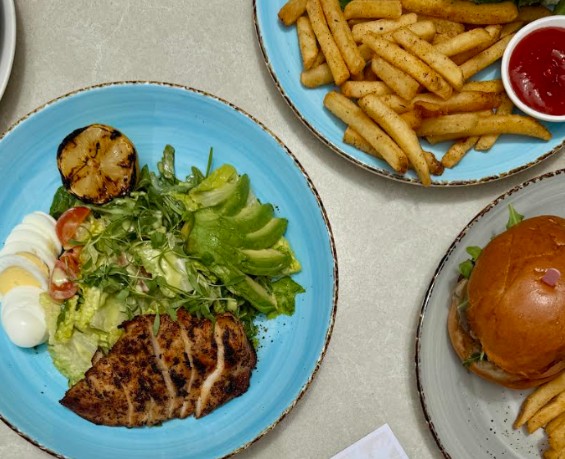While you are preparing for fall and a new school year, putting your home in order might be high on the to do list!
The Chinese art of feng shui is based on the science of energy alignment in one’s living and workspaces to help optimize health, wealth, and happiness in one’s life.
You can learn how to use it to empower yourself and unblock your vast potential.
Here are a few tips to move you toward a happy home!
Welcome The Positive
The entrance to your home is very important in feng shui. If a road or path leads directly to the front door, trouble can come right in. Plant shrubs or meander the pathway in order to soften the impact of a straight line to the door.
The entry hall should be spacious and bright so that chi can flow easily. If your hallway is small or dark, use bright lighting and decorations, and install mirrors to reflect as much light as possible. The entry should be light; dark ceilings signify a stormy sky.
Clutter tangles the flow of chi energy and creates a stagnant environment. Keep your hallways and entry clear of clutter and tidy to encourage a health flow into your home.
Remove Chaos From Closets
Not only is feng shui fun to read about, it is also very practical.
One of the basic tenents of feng shui theory is to maintain an uncluttered home in order to have an uncluttered spirit. Most of our closets are probably just the opposite… wouldn’t it be great to clean them out?
Closet organizers estimate that we wear about 20 percent of our wardrobes. In Chinese traditions, crowded closets impede the smooth flow of Chi and the worst offenders are unworn items that have been hanging around, no pun intended, sometimes for years.
Of course we all have wonderful excuses for hanging on to old stuff: it was expensive, I’m going on a diet, I might wear it someday.
To get started on a closet clean-up, wear your usual wardrobe for a month. Place these favorite items in one part of the closet, and then be absolutely brutal about weeding through the rest.
Box up anything you can bear to part with and donate it to charity.
When you donate, you win, the charity wins, and your closet will look great. Your energy will be lighter and by creating a bit of empty space, you have increased your energetic ability to attract prosperity.
Grow Fruitful Finances
A traditional Chinese symbol of wealth and prosperity is orange fruit.
Consider planting kumquat or orange trees on your property, in pots on your balcony, or even a bowl of oranges on your dining room table. Images of fish, such as koi or carp, symbolize abundance and should be a welcome addition to any home’s décor.
Recently, a popular practice among feng shui aficionados is to have a money tree in your home.
A money tree is an indoor bonsai tree from the Panchira aquatica species that measures one to two feet tall and has clusters of five-lobed leaves.
Take good care of the bonsai so that it radiates healthy, vibrant, and prosperous energy in your life.
Of course, no matter how many money trees you possess, your financial health will not improve if you do not also take care of it on a practical level.
You must institute principles of good money management in your life, including setting budgets, living within your means, and paying yourself first.
Paying yourself first means always putting aside money in your savings before you pay your bills.
These are the ways to achieve abundance in your life.
May you live long, live strong, and live happy!
Dr. Mao Shing Ni, best known as Dr. Mao is a bestselling author, doctor of Oriental Medicine, and board certified anti-aging expert. He has recently appeared on “The Ricki Lake Show,” “Dr. Oz,” and contributes to Yahoo Health and The Huffington Post. Dr. Mao practices acupuncture, nutrition, and Chinese medicine with his associates at the Tao of Wellness in Santa Monica, Newport Beach, and Pasadena. Dr. Mao and his brother, Dr. Daoshing Ni, founded the Tao of Wellness more than 25 years ago in addition to founding Yo San University in Marina del Rey. To make an appointment for evaluation and treatment call 310.917.2200 or you can email Dr. Mao at contact@taoofwellness.com. To subscribe to his tip-filled newsletter, visit www.taoofwellness.com.


























